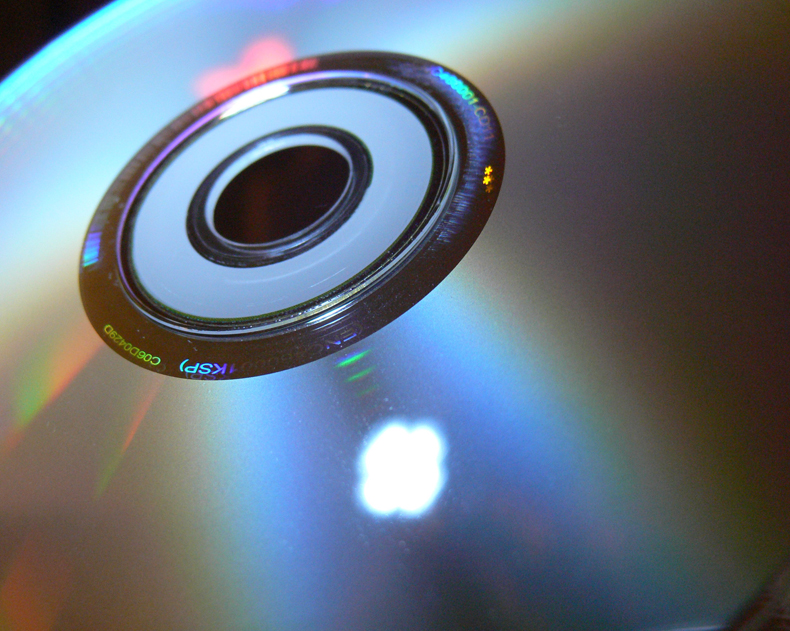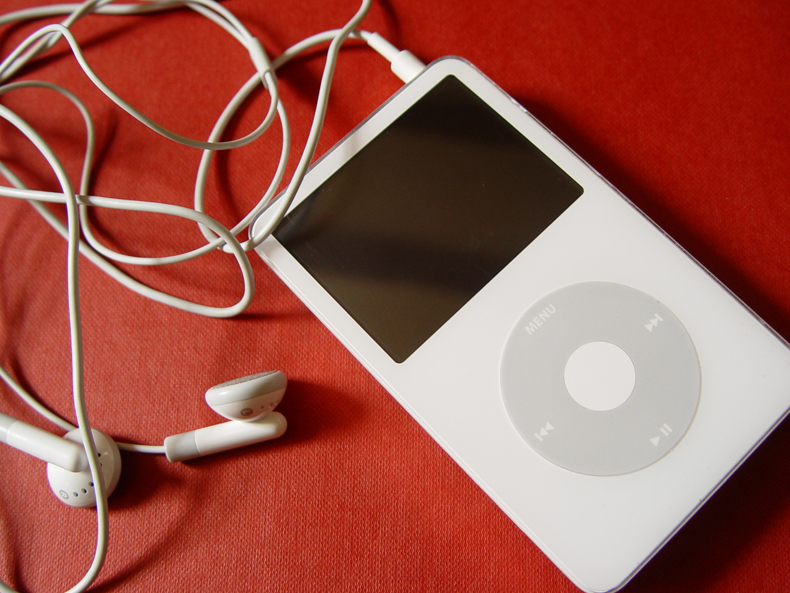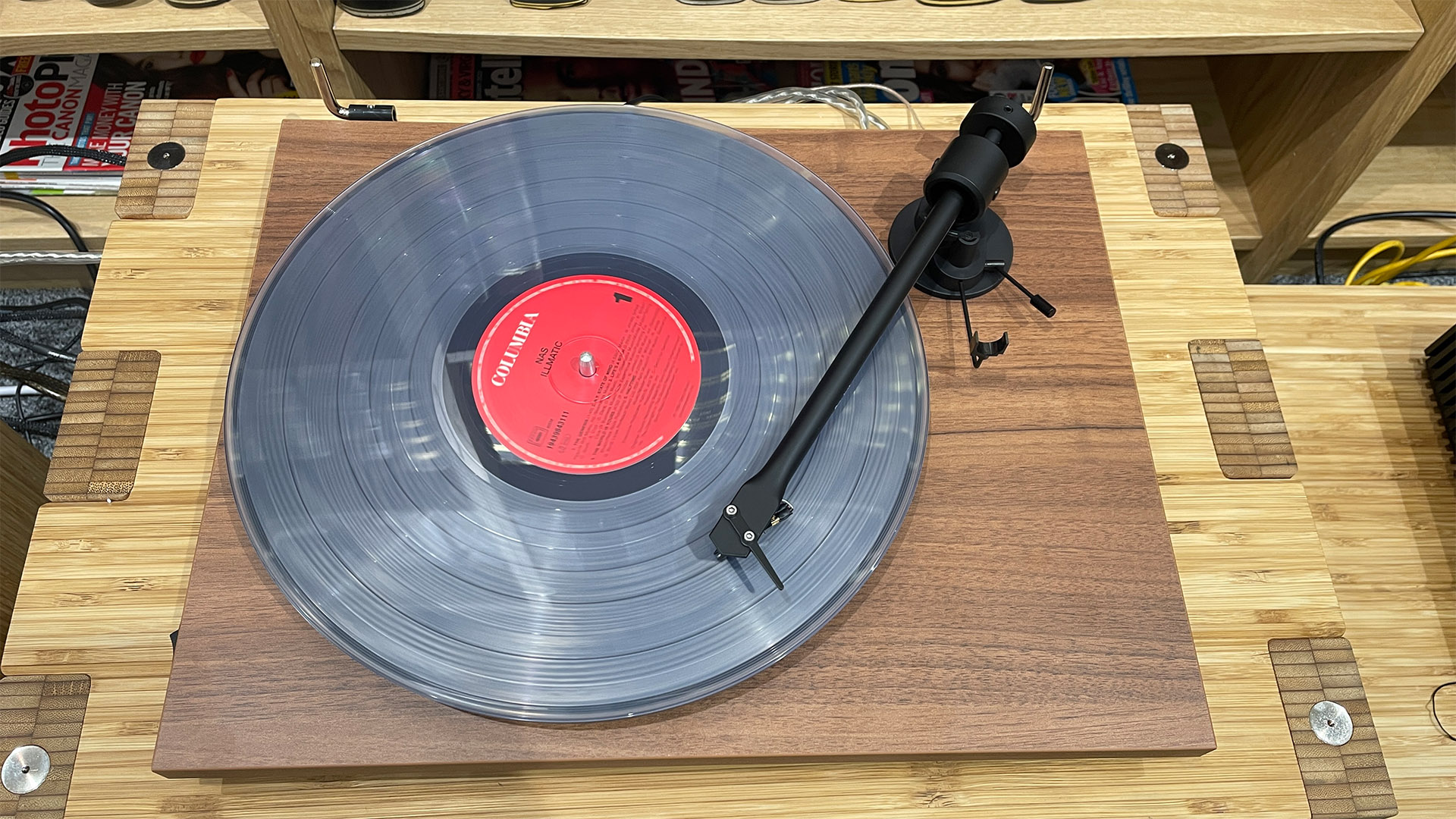UK government legalises CD, DVD and Blu-ray copying for personal use
It's taken enough time to come about, but the UK government has finally confirmed that you can now make copies of your CD, DVD and Blu-ray collection for "private purposes" – including format shifting and backup.

Prior to 1st October, making copies of physical formats to listen to or watch back on a digital device – for example – was actually an infringement of copyright law, even though you had almost certainly bought it legitimately.
In fact, the change to copyright law had been due to come into effect on 1st June, following 2011's Hargreaves Review – but the move had been on hold for four months. An explanation for why can be found here.
MORE: CD and DVD copying to be made legal from June 1st in the UK

Not sure what the change in copyright law means with regards to personal copying? Let us help:
Under the amended exceptions to copyright, you are now allowed to copy CDs, DVDs, Blu-rays or any other form of media that you've already bought and transfer that material to digital devices, as well as backing up your collection (although you may find copying video discs tricky as many contain some form of copy protection).
But it states that this permission does not extend to making copies for friends or family, nor does it apply to audio or video content that you've acquired through other means e.g. file-sharing or even borrowing CDs from friends.
It will also infringe copyright law if you give people access to the copies you have made, either for a digital device or from an online storage facility. This includes giving your friend the details to log-in to your iCloud, for example.
Get the What Hi-Fi? Newsletter
The latest hi-fi, home cinema and tech news, reviews, buying advice and deals, direct to your inbox.
Before you go forth and multiply your content, you can find more details on the newly-introduced exceptions to copyright through the government's online information portal here or the Intellectual Property Office here.
MORE: Digital sales of music and movies on the rise, but Blu-ray holds its own
Pete was content editor on What Hi-Fi?, overseeing production and publication of digital content. In creating and curating feature articles for web and print consumption, he provided digital and editorial expertise and support to help reposition What Hi-Fi? as a ‘digital-first’ title; reflecting the contemporary media trends. He is now a senior content strategist.
